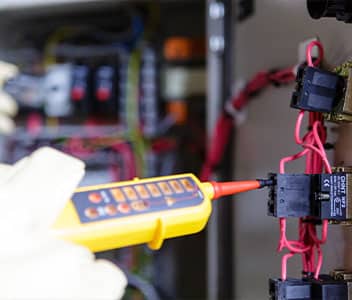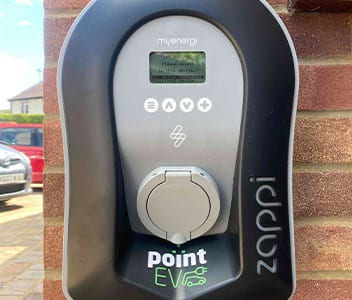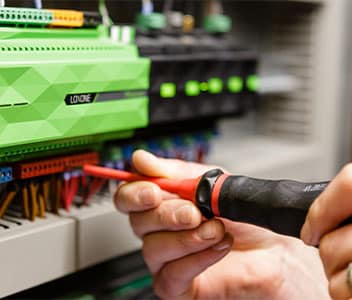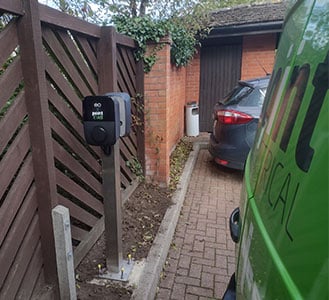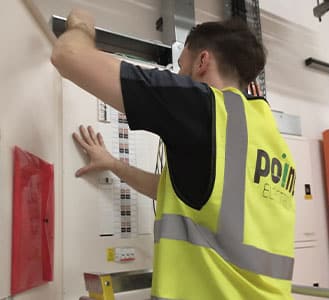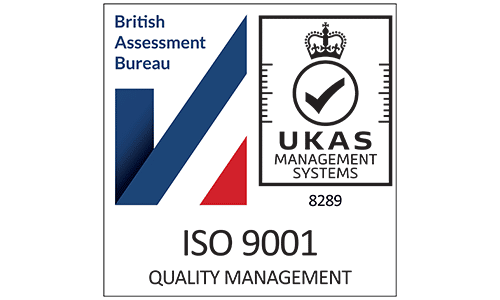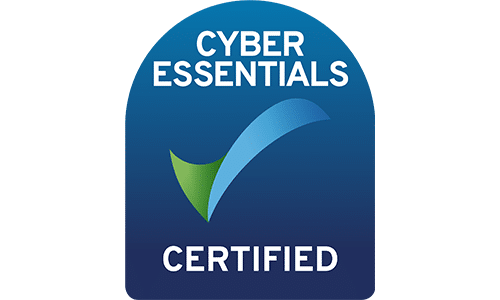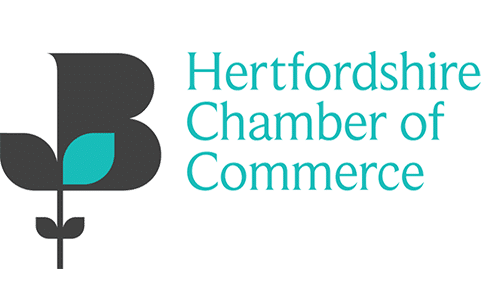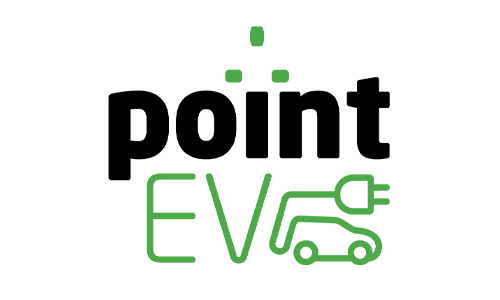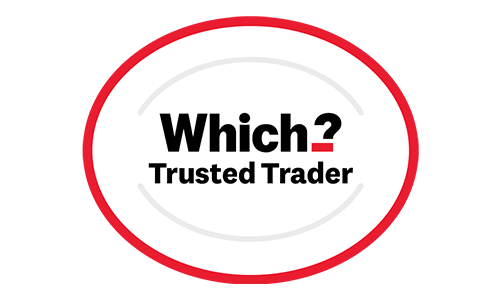Why Use Solar Panels for Businesses?
Solar energy is becoming an increasingly popular alternative to conventional electricity sources. Not only do these technologies help to reduce a business’ environmental footprint by using clean, renewable energy, but they can also save money on your utility bills year after year.
Commercial solar panels can be beneficial regardless of whether your company is large or small. If you have roof space or room in a yard or field then you can take advantage of solar energy.
Installing solar panels can make a big impact on reducing your business’s carbon footprint, and these will all have an impact on the energy usage of your premises.
Making big changes like your energy source will have a bigger effect and lead to bigger savings, too.
When it comes to investing in solar energy, many people imagine huge corporations with sprawling manufacturing facilities or massive commercial rooftops to be the only ones to benefit. But, small and medium-sized companies have just as much need for solar power as their larger counterparts.
Advantages of Using Solar Energy
Most businesses are active in the daytime, which means they are the perfect candidates for utilising solar panels.
Unlike traditional energy sources, solar energy is clean, renewable electricity that is not dependent on fossil fuels or other raw materials.
In addition, they are relatively low-maintenance and offer significant cost savings over time. But perhaps the most important benefit of commercial solar panels is their impact on the environment.
By shifting away from traditional power sources and reducing your carbon footprint, you send a powerful message to both customers and colleagues regarding your commitment to sustainability.
Do You Need Planning Permission?
When it comes to installing solar panels on your commercial property, there may be certain situations in which you are required to obtain planning permissions first.
This typically occurs when your solar panel system will have a significant impact on the surrounding area, such as if it covers a large part of your building’s roof or if there is no space for additional panels nearby.
In order to determine whether or not you need to go through this process, you should consult with local authorities and review any relevant zoning laws and building codes.
What Maintenance Costs Are There?
Buying commercial solar panels comes with a number of benefits, one of which is the low maintenance costs associated with these systems.
Compared to other forms of energy generation, like coal or gas plants, solar panels require very little upkeep, and this typically only involves simple cleaning and occasional repair.
This can help to keep your energy bills low over the long term, as you will not have to spend money on expensive maintenance contracts or costly repairs.
Reduced Utility Costs
Commercial solar panels are rapidly becoming an affordable and viable source of energy for businesses. Solar panels are now relatively cheap and hassle-free to install.
Additionally, solar panel maintenance costs are low. Therefore, you can enjoy reduced overall expenses for your electricity consumption.
What Are the Main Disadvantages of Solar Energy?
High Initial Investment
One of the most prominent disadvantages is the high initial investment cost. When you buy commercial solar panels, you know you’ll see a high return on investment (ROI), but that can take years. In the meantime, you’ll be responsible for the out-of-pocket expenses.
However, it’s valuable to know that solar panels for business premises typically break-even much sooner than residential systems because of their ability to generate much more power.
Weather Dependency
All solar panels are weather dependent as the photovoltaic effect converts energy from the sun. When there is poor weather with clouds, snowfall or extreme heat, the solar panel efficiency will decrease.
This disadvantage can make your energy conversion inconsistent during certain times of the year. However, solar panels will still produce energy with indirect sunlight or in the winter months, so they will still work.
There is a simple solution to this – get a battery storage system installed with your solar panels.
Uses a lot of space
The amount of electricity that you want to produce will largely determine how many solar panels you will need, as you will want to maximise your exposure to the sun in order to collect as much sunlight as possible.
This means that if you need to produce a lot of electricity, then you will likely need a larger array of solar panels on your rooftop or land. Not ideal if you plan on relocating.
If you plan to relocate it is unlikely you will be able to take your solar panels with you as they are expensive to move and reinstall. Solar panels are generally a long term plan not a short term fix.
Contact Point Electrical Today
If you are thinking about moving to solar energy and installing commercial solar panels for your business or would like to find out more about our low carbon workspace initiatives, then please contact us today for a free site survey to discuss your options and start your journey to becoming carbon neutral and no longer reliant on energy companies.
